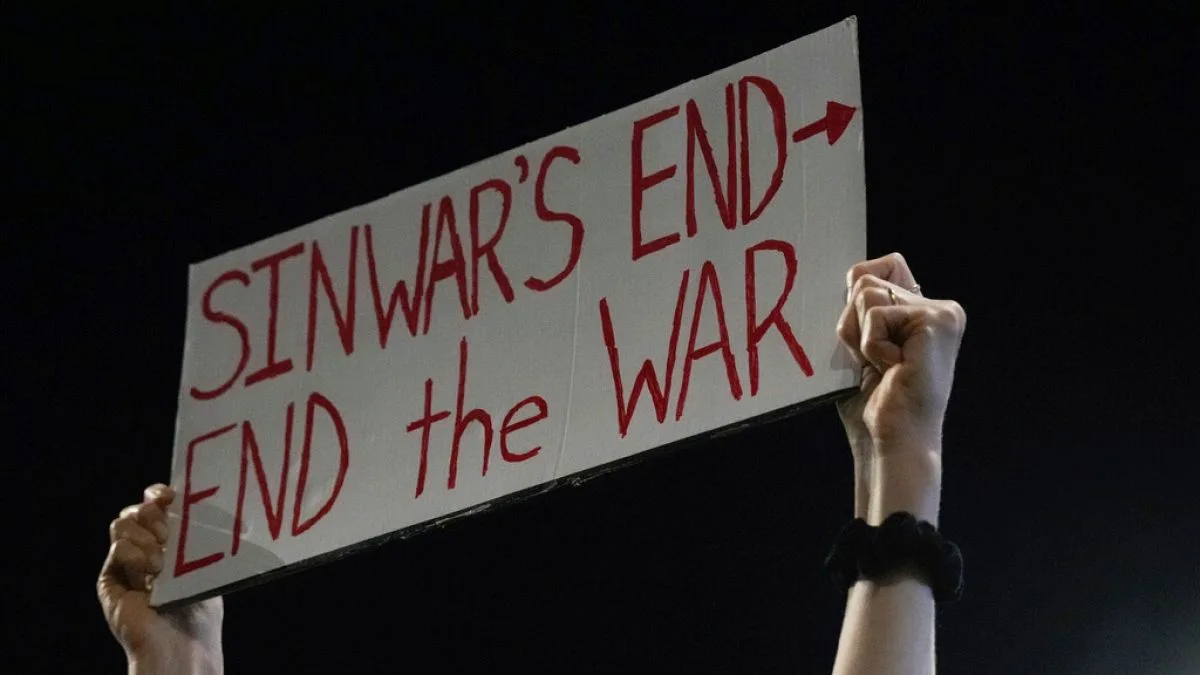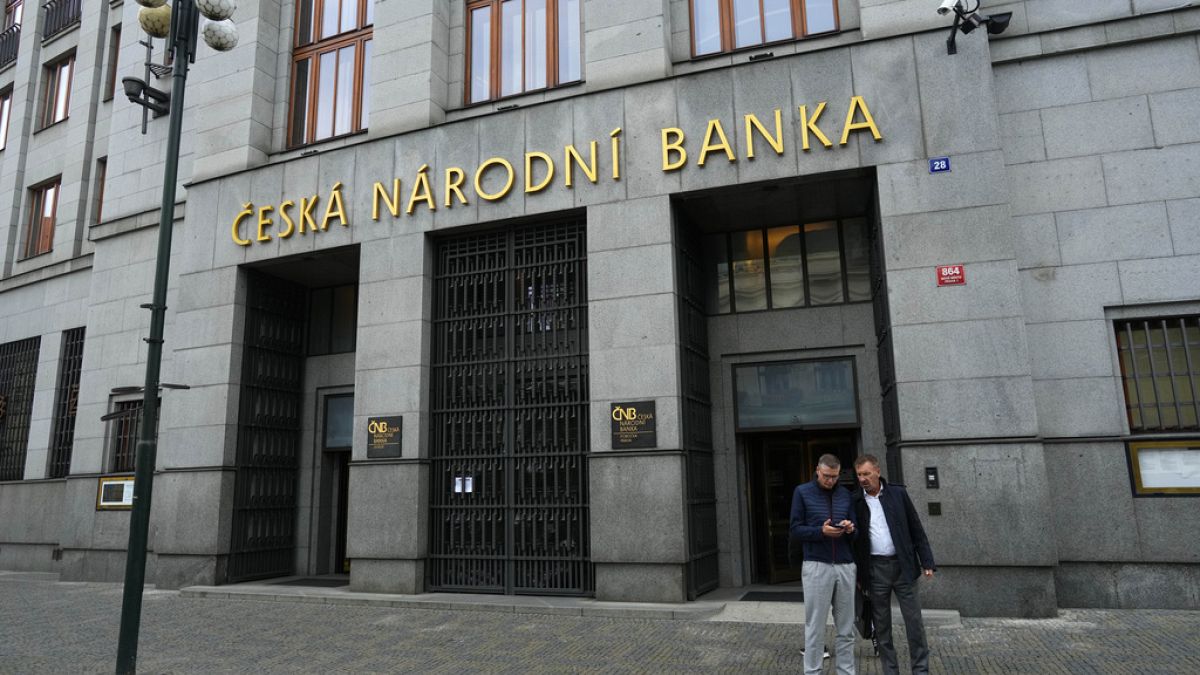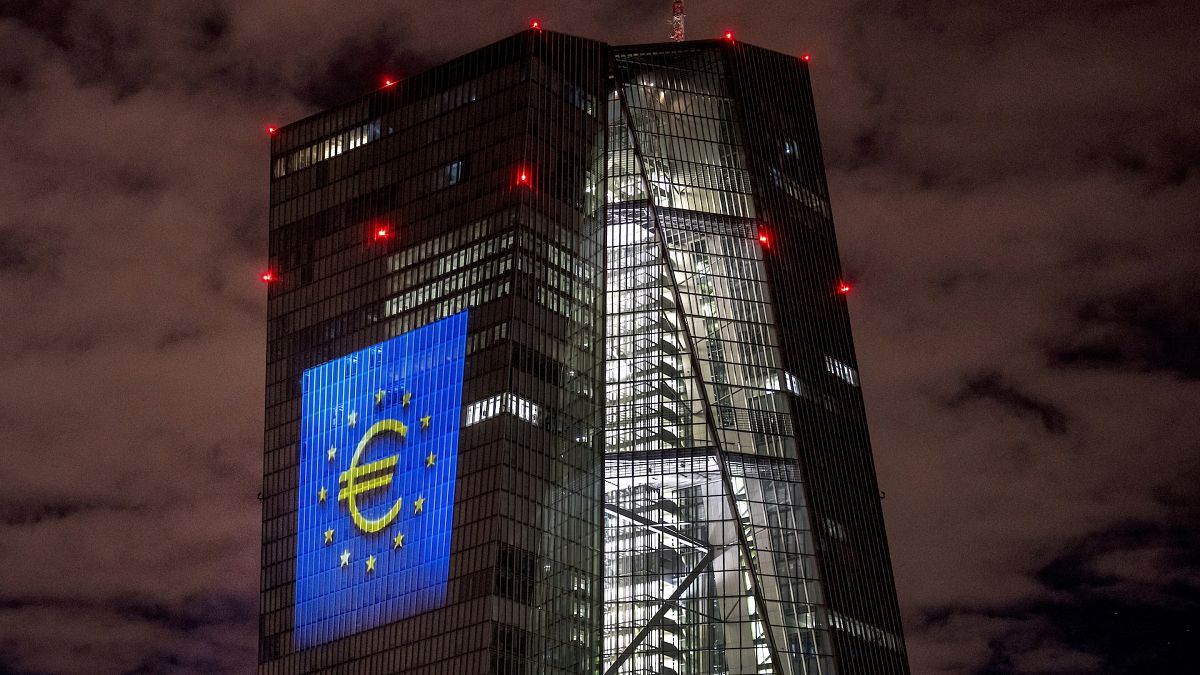Following the recent death of Hamas leader Yahya Sinwar, US President Joe Biden, along with Western leaders, is actively calling for an end to the ongoing conflict in the Middle East, prompting heightened tensions as Hezbollah promises retaliation.
Western leaders, spearheaded by US President Joe Biden, have intensified their efforts to bring the conflict to a close after the assassination of Yahya Sinwar in Gaza. Sinwar, pivotal in orchestrating the deadly 7 October attacks, was killed by Israeli forces, a move that resulted in widespread praise from leaders including Israeli Prime Minister Benjamin Netanyahu, who referred to Sinwar as having “blood on his hands.”
As Biden arrived in Germany, he emphasized the need for a shift towards peace, stating, “Now’s the time to move on … Move towards a ceasefire in Gaza.”
Yahya Sinwar, seldom seen publicly, was responsible for the horrific attacks that set off a wave of retaliatory strikes by Israel on the Gaza Strip, contributing to a separate yet deadly conflict involving Hezbollah in Lebanon. US officials are cautiously optimistic that Sinwar’s death could serve as a potential inflection point for renewed ceasefire talks that have stalled amid rising tensions between Israel and Iran-backed Hezbollah.
State Department spokesman Matthew Miller shared insights with reporters, indicating that the cessation of hostilities might now be attainable, highlighting that Sinwar had previously obstructed negotiations. “His death opens up the possibility for Hamas and Israel to negotiate an end to the fighting,” Miller stated.
Biden’s call for peace echoes sentiments shared by other key figures, including Vice President Kamala Harris, French President Emmanuel Macron, and German Chancellor Olaf Scholz. Scholz noted, “There is a proposal from President Biden and others regarding how a ceasefire could take shape, and we fully support that,” during a Brussels meeting on Thursday. Macron added in a post on X that “Yahya Sinwar was the main person responsible for the terrorist attacks and barbaric acts of 7 October.” He spoke on behalf of France’s demand for the immediate release of all hostages held by Hamas.
‘Conflict Not Over Yet’
Notwithstanding international hopes for a resolution, Netanyahu stated that while Sinwar’s death signifies a new phase in the ongoing war, Israel’s operations in Gaza and Lebanon will continue. He has pledged to persist in military efforts until all hostages captured by Hamas during the October 7 assaults are released. Netanyahu has also indicated a commitment to maintaining control over the Gaza Strip to prevent Hamas’s return, suggesting that military presence in the area could extend for years.
Neither Hamas nor Hezbollah have indicated any intent to cease hostilities. Iran’s mission to the United Nations remarked that Sinwar’s death would “strengthen the spirit of resistance,” emphasizing that he would inspire future generations. Hezbollah has declared a transitioning to a new and escalating phase of confrontation with Israel.
For families of Israeli hostages currently in Gaza, Sinwar’s death presents a crucial moment to potentially shift focus away from military conflict towards pursuing negotiations. Einav Zangauker, whose son Matan is among those held captive, urged Netanyahu to prioritize talks, stating on social media, “Netanyahu, don’t neglect the hostages. Now is the moment for a renewed Israeli initiative.”
Video editor • Evelyn Ann-Marie Dom
Additional sources • AP
Photo credit & article inspired by: Euronews



